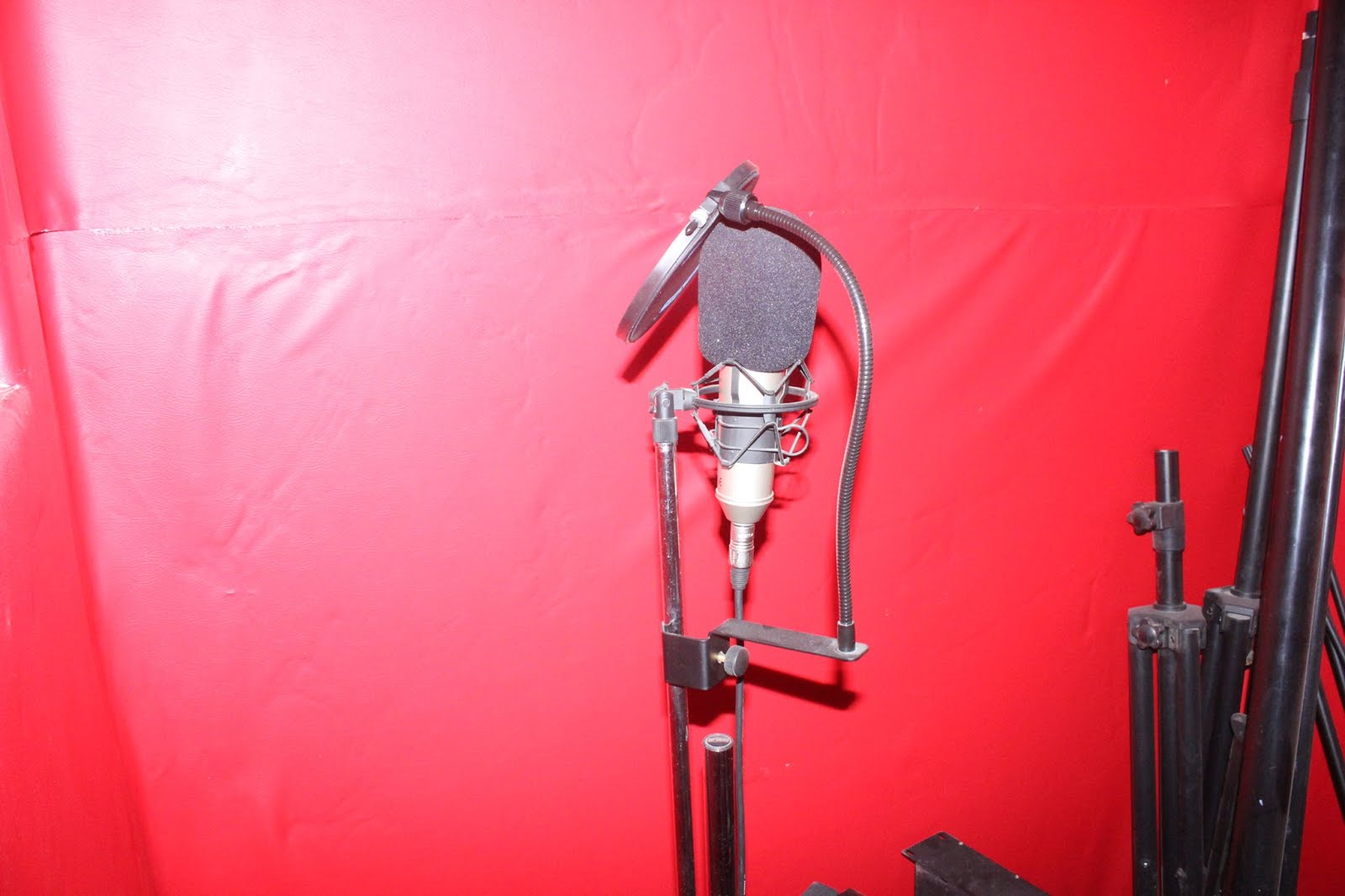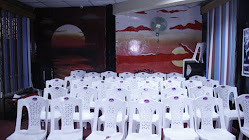Educating the Horn: Paving a path to college for Somali youth

Friday, October 07, 2016
The author, right, and her friend Ifrah Abshir, at graduation from Rainier Beach High School last spring. (Courtesy photo)
I recently took a trip to Minnesota, home of one of the biggest Somali-diaspora communities in the world. American survey data shows that 1 in 3 Somali Americans live in Minnesota.
I’ve never been to Somalia, but I would love to think Minneapolis
is mini version of what the country can be. I was really inspired by my
community and the amazing work they were accomplishing. There were many
successful Somali businesses, clinics and Somali charter schools. I visited
Karmel Square, a huge Somali mall in Minneapolis, and was amazed with how many
different business ventures Somalis had. There is this stereotype that most
Somali businesses are the same, but when I went to Karmel, I saw the total
opposite.
The Somali people in Minnesota were hungry for success, and simply
being around them and hearing their ideas, I could feel that spirit.
It got me thinking about my own Somali community in Seattle.
Although I’m proud of my community, I believe we can grow. This motivated me to
do something to help.
Ads
By Google
I came across a post on Twitter
about a literacy campaign that took place in Somalia in the late 1970’s. I
started researching and learned that back in the day, Somalia’s literacy rate
was as low as three percent. The president at the time, Siyaad Barre, launched
a literacy campaign. He sent teachers, students, and professionals to areas in
need of help. What I loved the most about this campaign was how passionate
Somali people were to learn. This campaign was a success and the literacy rate
climbed to over 55 percent. Learning his made me so proud of my country and
community, and inspired me to launch a campaign of my own: “Educating the
Horn”.
Just like literacy back in the 70’s was vital element to success
that many people lacked, having a college degree is key to being someone in
Seattle in the 21st century.
According to a new report by the Boston Consulting group and the
Washington Roundtable, there will be 740,000 job openings in Washington state
in the next five years. But the majority of those job openings will be filled
by workers with who pursued higher education or have training. So clearly,
doing post-secondary education is going to be a near necessity to have a stable
job in the upcoming years.
The “Educating the Horn” campaign aims to encourage and assist
Somali youth in pursuing higher education by connecting Somali youth with
Somali college students and professionals who can help them on their college
applications. The campaign will also help with career researching, professional
and self-development. The campaign hopes to increase the percentage of Somali
youth in higher education. In the long term, I hope this increases the number
of successful Somali people here, educating-the-horn-1-3but also leads to
people from the diaspora going back to Somalia to help rebuild it.
I have selfish reasons for pursuing this: I’m a competitive person
and I always want my community to be the best at everything. Attending Seattle
Public Schools and now the University of Washington has made me realize my
community is struggling to make it into higher education. I don’t see many
Somali people applying and attending college, which breaks my heart.
Last year when I was applying to colleges and scholarships, I
struggled myself. As a first generation college student, I had to go through
the process without much help. Because of that tough experience, I wanted to
make sure other Somali youth going through the college process don’t have such
a struggle.
My community brings so much to the table, Somali youth are Muslim,
Black and come from immigrant families. Their experience, stories and way of
life are so unique and can help shape college campuses for the better. Do our
colleges and universities recognize the importance of having multi-identity
students, and the value they hold? According to the Somali Student Association,
the University of Washington’s three college campuses only have 250-300 Somali
students attending. That’s surprising since the Somali community is the largest
refugee community in Seattle, with thousands of college-age youth.
In this campaign, I hope to create the a dialogue between college
institutions and the Somali community, in order to increase that number.
To launch the campaign, I’ll be hosting monthly college prep
workshops in the Seattle area. As the application deadlines get closer, they’ll
be held weekly.
The first workshop is this Saturday at Rainier Beach Library, from
2 to 5 p.m. This one is specifically for young women and girls. The following
week will be for the boys, at the Columbia City library. In both cases, there
will be East african college students and professionals there to help the youth
with college applications. You can register here.
“I came to this country for you to get an education”— it seems to
be a universal mantra for parents in the Somali diaspora. They left their
country and comfort of their home to give their kids a better chance in life
through education. Let’s make them proud.
Subscribe to:
Post Comments
(
Atom
)


















No comments :
Post a Comment